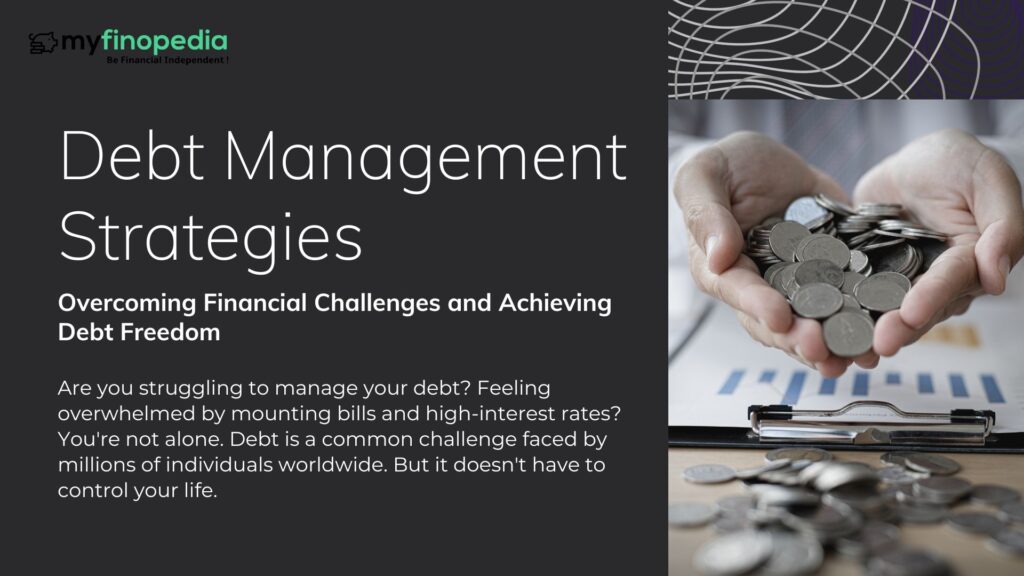A methodical and calculated approach is necessary to overcome financial obstacles and become debt-free. Making a detailed budget that accounts for debt commitments, expenses, and income is one useful tactic. This gives a clear picture of the state of the economy and makes it easier to find areas where spending can be cut in order to free up more money for debt repayment.
It’s critical to prioritise high-interest bills. The total amount of interest paid over time is reduced by paying off the obligations with the highest interest rates first. This frequently entails concentrating on high interest loans or credit card bills. Maintaining minimal payments on other obligations at the same time guarantees a balanced approach.
Debt consolidation is an additional effective strategy. The total cost of debt can be decreased and financial management made easier by consolidating several obligations into a single, lower-interest payment. Balance transfers, debt consolidation loans, or getting guidance from a credit counselling agency can all help achieve this.
Though it might have an influence, negotiating with creditors is frequently disregarded. A lot of creditors are open to talking about settlements or adjusted payment schedules, particularly when financial difficulties are openly disclosed. By being transparent, you can avoid defaults and harm to your credit.
Establishing an emergency fund is a proactive way to prevent taking on more debt when unforeseen costs arise. Financial buffers allow people to weather shocks without turning to loans or credit cards.






